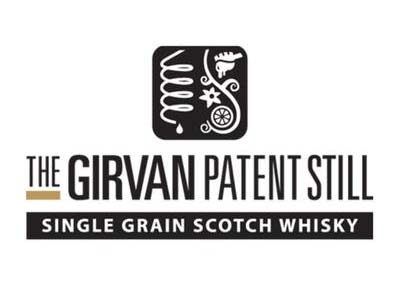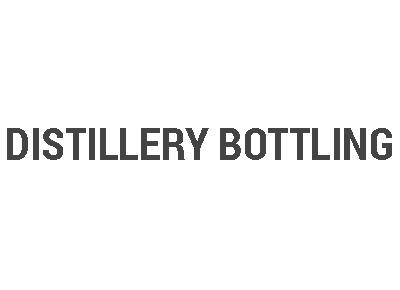Total Lots Sold:
2
View Lots
Do you have this bottle for sale?
SELL IT TODAYHAMMER PRICE OVER TIME
This graph displays data solely from Whisky-Online Auctions past sales history. Please note the filling level of the liquid and the condition of an item can affect the price negatively, so please check individual Lot sales below if there's a sudden dip in the graph.
HAVE ONE FOR SALE?
Submit your details along with an image and a description of your bottle. We'll then be in touch with the best way to proceed.
WHY SELL WITH WHISKY-ONLINE AUCTIONS?
0% Sellers Commission
Free Collections Available
Over 30 Years In The Whisky Industry
Over 1,700 Five Star Trustpilot Reviews
We Sell The Rarest Whiskies Ever Bottled
Global Buying Audience Including Far East Buyers
Bespoke Auction Platform
Thousands Of Active Bidders
Large Database Of Newsletter Subscribers
Over 36k Social Media Followers
Girvan 28 Year Old - 2014 Release
Girvan 28 Year Old. Bottled 2014. 70cl. 42%.

The Girvan distillery was constructed in 1963 by William Grant & Sons, owners of Glenfiddich and Balvenie, and has been creating quality single grain whisky for the company’s blended whisky brands ever since. The move was necessary after Grant’s had broken a gentleman’s agreement with the rest of the industry not to advertise their whisky on television, imperilling their supply of grain whisky from rivals DCL.
The short-lived Ladyburn single malt distillery was built onsite at Girvan in 1965, but ceased production in 1975. In 2007 the Ailsa Bay single malt distillery was built at Girvan with considerably more success, and now produces around 12m litres of malt whisky per annum alongside Girvan’s output of 100 million litres of grain spirit. Girvan is also home to Grant’s Hendrick’s Gin, which has its own stillhouse within the complex.

Distillery bottlings are, as the name suggests, bottled by or for the distillery from which the whisky has originated and are thus often referred to as Official Bottlings or OBs. Distillery bottlings are generally more desirable for collectors and usually fetch higher prices at auction than independent bottlings. They are officially-endorsed versions of the whisky from a particular distillery and are therefore considered the truest expression of the distillery’s character.
This ideal of the distillery character is regarded so seriously by the distilleries and brand owners that casks of whisky that are considered to vary too far from the archetype are frequently sold on to whisky brokers and independent bottlers. When this happens, it is often with the proviso that the distillery’s name is not allowed to be used when the cask is bottled for fear of diminishing or damaging the distillery’s character and status.

